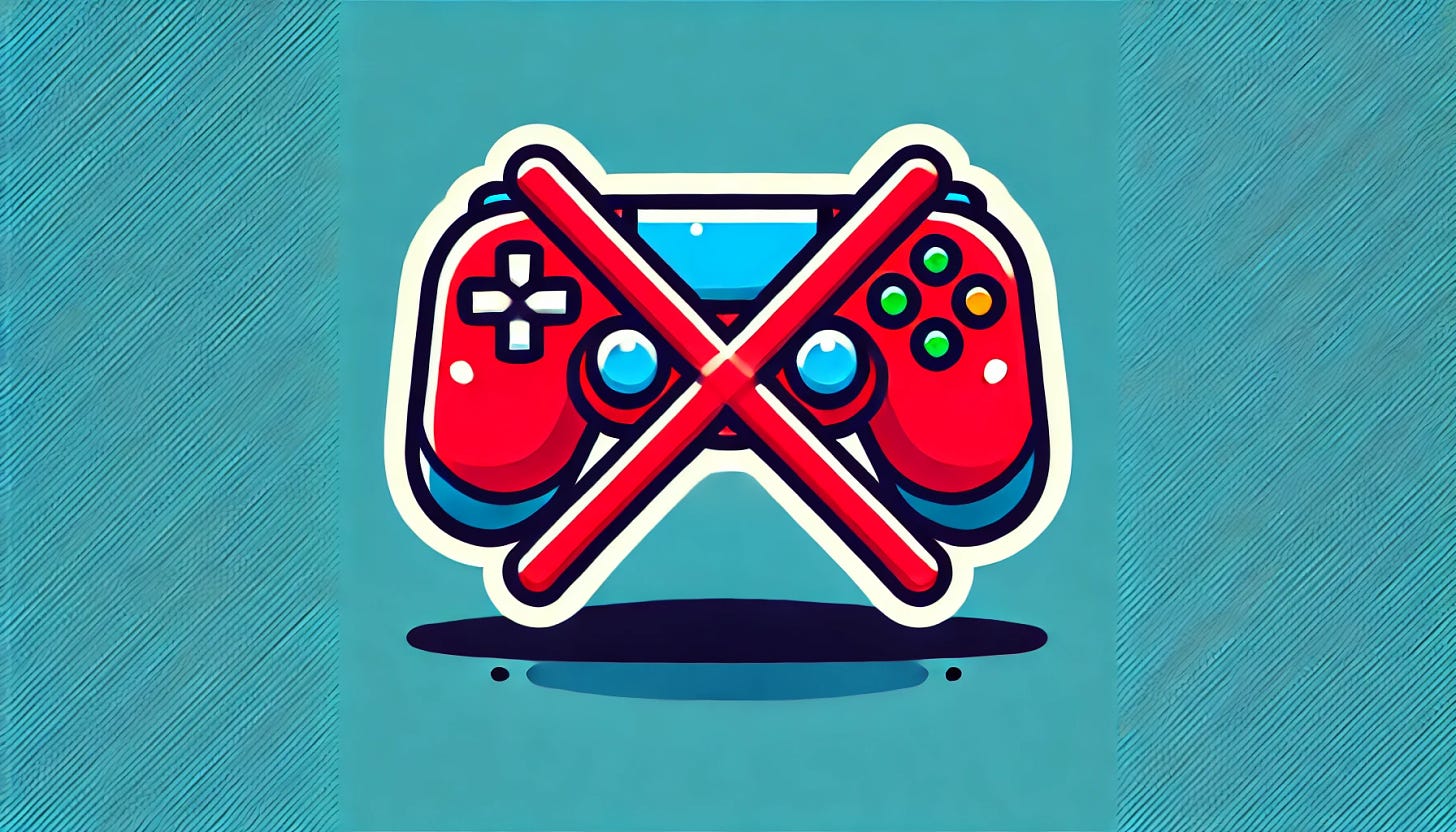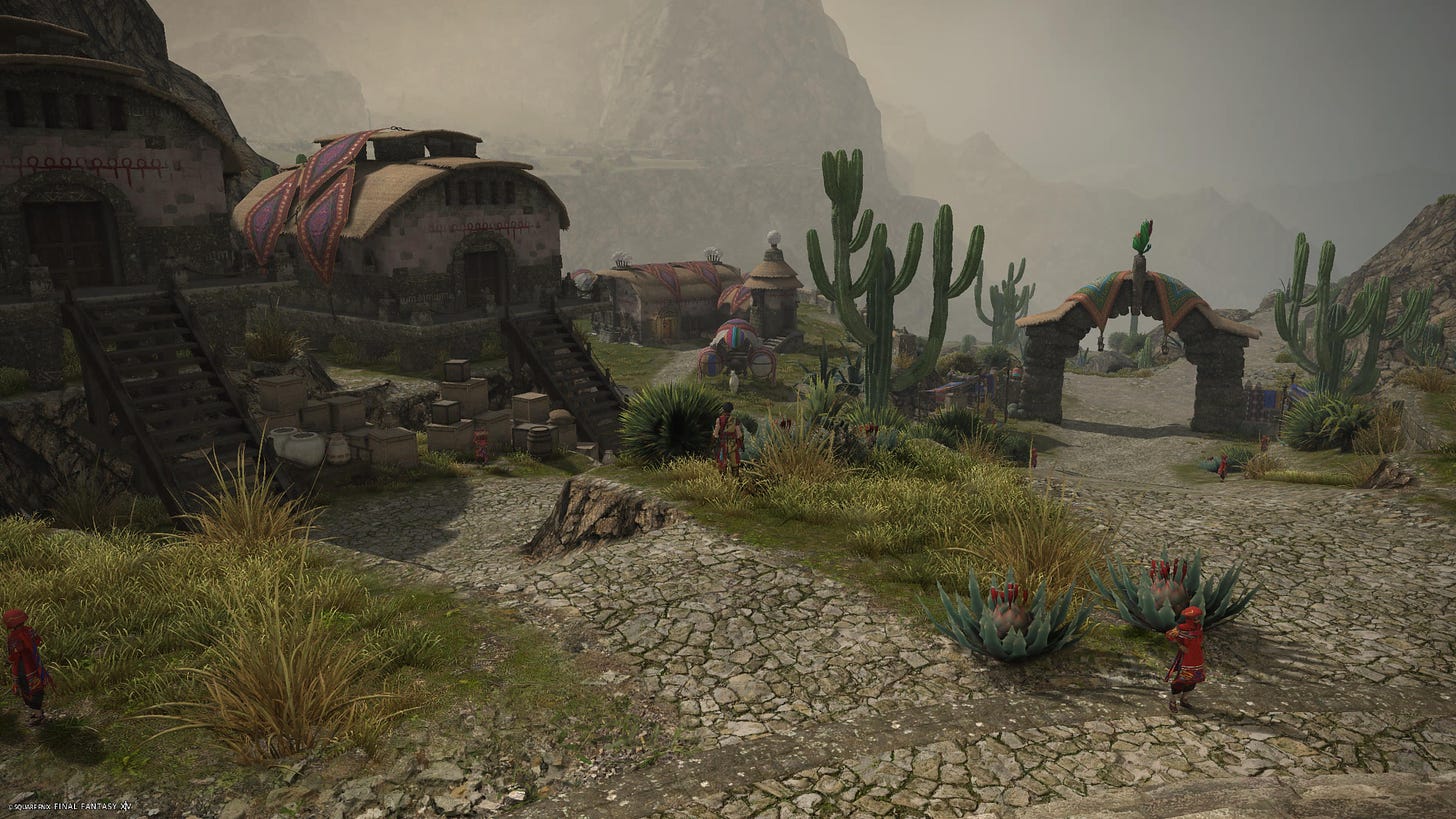The abrupt end of Kotaku Australia and decline of Australian gaming journalism
The website's fall is the latest chapter in the gradual decline of local games journalism. Editors are short on solutions and are concerned for its future.
He didn't know it at the time, but Jackson Ryan was foreshadowing the fate of video game journalism in Australia.
Ryan, who until a month earlier was the ABC's Technology and Science Journalist, offered a bleak acceptance speech for his joint award for gaming coverage at the 2024 IT Journalism Awards last March.
He called for further funding and support for games journalism in Australia, saying that while his former employer had a track record of successes with shows like Good Game, the ABC, alongside other major newsrooms, had pulled back their coverage on the topic. The comments reverberated around the room, adding a somber note to what is typically a night focused on celebrating success in the industry. Amid the flurry of achievement, Ryan's words had become somewhat of an afterthought until last week.
Seemingly out of nowhere and to the surprise of many, one of Australia's largest publishers, Nine Entertainment, axed one of the country's most reputable gaming journalism brands, Kotaku Australia. In a move aimed at limiting the company's exposure to licensing overseas media brands, it closed down a myriad of titles, which also included Gizmodo Australia and VICE Australia. Up to 40 jobs were cut from the business. There was no indication that Nine would invest elsewhere to replace any of the coverage for the websites it had cut.
It was the latest chapter in the gradual decline of video games journalism in Australia. Major publications that used to run weekly video game reviews and issue stories now simply don't. Smaller outlets have emerged in an attempt to fill the void but struggle to commercialise their efforts and grow.
Curiously, this is occurring at a time when interest in gaming-related content is at an all-time high. Those within the industry confirmed to Infinite Lives that stories relating to video games do indeed drive interest on their websites.
Anecdotally, Ryan says that even without a dedicated and resourced games section, one gaming story on the ABC could still achieve over 100,000 page views, holding its own among the 11 million page views generated by the broadcaster's website in the 2023 financial year. It covers everything from gardening through to global current affairs.
But former editor of Kotaku Australia, Mark Serrels, contends that amid broader turmoil in the journalism industry, it's tough for gaming reporters to make a case.
"Games journalism is especially under threat because it can be hard to communicate its value in mainstream publications, and when cuts have to be made, it's often the first to go," he says.
Australia isn't unique in this regard, he adds. Overseas, other newsrooms such as the Washington Post have previously built up their gaming coverage only for it to end up on the chopping block when redundancies occurred.
This is despite context and expertise from gaming reporters feeding into broader political or societal issues. Kotaku Australia, for instance, led reporting on the adoption of an R18+ classification for video games in Australia, a key political debate up until it was introduced in 2011.
It also drove coverage of Australia's competition watchdog ACCC legally pursuing US publisher Valve over refusing refunds — a consumer affairs issue involving a major overseas company. Serrels says both topics drove massive audiences for Kotaku Australia.
"Right now it feels like games journalism absolutely is not a sustainable career in Australia," Serrels says, who now works for consumer advocacy group Choice as its Editorial Director. "But journalism on the whole is in a troubling place. The traditional models are collapsing and the entire ecosystem is in a state of flux."
Influencers replacing reporters
Another byproduct or cause for the decline of traditional games journalism is the rise of influencer-based reporting and recommendations on games via platforms like YouTube, TikTok, and Twitch. That's a concern for Luke Mitchell, who edits Checkpoint Gaming, a website focused on coverage that represents diversity and the LGBTQI+ community in gaming. The void left by less local video game coverage, he says, is diluting proper unbiased critique on the internet.
"Influencers often are on contracts with big brands, so big-budget marketing teams from major players in the video game space can control the messaging. It's less critical, and that means they prioritise those platforms more," Mitchell says. "An AAA game company will send a journalist a game code to write a review, and at the same time they'll have the budget to pay an influencer $10,000 to do a 30-second TikTok on why the game is fantastic and a must-play. That makes it difficult; some people are wise enough to not trust everything an influencer says, but also their content is so digestible in small clips compared with reading a critical analysis."
Mitchell also says the decline in Australian games journalism has diminished its capacity to cover our local games scene. "Australia has such a bustling, thriving video game industry when it comes to game development, and it's shocking that game journalism hasn't grown in the same capacity."
"It puts even more pressure on independent game websites, like ours and a few others, to fly the flag - but none of them make enough money to pay full-time salaries."
For Ryan, the solution lies in leveraging the power of our publicly funded broadcaster, the ABC, to drive attention to coverage where others won't. He says the broadcaster "has a charter that states its programming 'must contribute to national Australian identity and reflect cultural diversity'. If games journalism is not part of that, then it's failing," he says, albeit acknowledging the ABC does support one YouTube channel aimed at children who game.
What I'm playing: Final Fantasy XIV: Dawntrail
I'm really torn over Dawntrail. I wanted to finish the main story before writing about it. And I continue to enjoy my time with the game it’s difficult to fully endorse.
Let's get the good bits out of the way first. The combat, world, and dungeon design for this expansion are all excellent. As is its soundtrack. There's a lot to like here, and the latest game carries forward the standard set by earlier titles. If there are awards to be won, these elements are all deserving of them.
The new Oceania Server has also avoided the issues seen with the last expansion (Endwalker's launch). Two years ago, I had to wait three hours to log in to Final Fantasy XIV due to the queue. With this release, it's now five minutes at worst. And the server is populated enough to make the game feel alive.
Where the game somewhat falls over, sadly, is in what has historically been its greatest strength: storytelling.
Dawntrail is a two-act affair. I won't spoil it here, but the second act is significantly stronger than the first. There may be a larger narrative plan at play here with the seemingly innocuous interactions you experience in the first 20 hours of the expansion a set up for later plot points in future parts of the story. But I couldn't help but feel like the game was wasting my time.
Part of this criticism centres around the 'protagonist' of the game, Wuk Lamat. She's in competition with her siblings for the throne and is pit against them in a contest for it. It's not as Game of Thrones as it sounds. In fact, it could have been, but due to flat writing and a desire from the designers to make Wuk Lamat likeable in every conceivable way — including purposefully endearing character flaws — it falls short.
The concept of a race for the throne is interesting in isolation and a tried and true narrative device. But in this instance, it's somewhat dull and predictable. This is a game that has previously dealt with concepts such as broader plots around the nature of existence, the duality of war, and whether gods have the right to decide the fate of their creations. Yeah, it gets pretty heavy.
The stakes were always going to be lower. The writers essentially had to restart the plot for this game after your character essentially saved the universe —yes, you read that right — at the end of the last expansion. That's not an easy ask in any sense. But I think they overcooked the pacing and left the first half of the story feeling like a chore rather than building any genuine intrigue.
Final Fantasy XIV writers are at their best when they are essentially playing out a plot of a Black Mirror episode, or really teasing out the morality woven into fantasy setups. And when they are on fire, they are on fire. We do get there with this expansion, but only for the last 15 hours.
This is a rare instance where you can feel the push and pull of narrative against game design here. It's something that's unique to video games. The writers only have around 10 hours of meaningful plot to tell, but by MMO standards, the game's main quest must go for at least 30 hours. No other medium tolerates this like gaming, and that leads to a lot of mundane interactions for the player.
It feels like more content needs to be left on the cutting room floor. Though, I shudder to think how much is already there. Instead of 100 quests, make 40 or 50 that are more memorable, fully voice-acted, and add meaningful points to the plot. Place more emphasis on post-main-quest content — many in the hardened player base rush through the campaign anyway to prepare for raiding.
If any game development team is brave enough to do this, it's Creative Business Unit III, who make Final Fantasy XIV. This game is disruption incarnate. When the original game flopped on release, the developers famously reworked it and relaunched it to mass critical acclaim. It’s one of a handful of titles to do so successfully. They then doubled down and launched several expansions that again pushed the bar for what an MMORPG can be.
Now it's hit a rhythm which is likely comfortable for its design team. All expansions have six areas, 100 main quests, a few hours of voice-acted cutscenes, seven dungeons. Rinse, repeat.
But if we're due for another three expansions (in essence, six more years of Final Fantasy XIV) before the game is expected to wrap up, I think it's time for this title to revisit its roots. Throw the rulebook out, surprise the player base. We're hungry for it.
Worth playing if you like: The Final Fantasy series, Diablo, World of Warcraft
Available on: PlayStation 5, PlayStation 4, Xbox Series X, Xbox Series S, Windows, Mac, and Steam.
Thanks for reading this edition of Infinite Lives.
If you are enjoying this newsletter, help me grow its reach by sharing Infinite Lives with your friends or networks. Seeing one new subscriber a week not only keeps me motivated to keep going but to produce better stories too!






It really is. Really unclear as to what the solution is, but keen to follow with some high profile streamers at some point and get their take on it all.
They likely use games journalism as a first draft for their content.
I have a different view about this. I think these are dinosaurs finally starting to tumble because they can't change fast enough.
Also, unless we're talking about something at the level of GamesIndustry.biz or GameDiscoverCo, I think "game journalism" is a contradiction. I think the article you wrote above is a better example of game journalism than anything I could see on the Kotaku Australia website.
Nice article, btw, thanks!